Insulated containers are transforming logistics and transportation by significantly reducing fuel consumption and carbon emissions through temperature control, minimizing frequent stops, and offering diverse options for various sectors like food, beverage, pharmaceuticals, and emergency relief. With advanced insulation materials, these containers maintain optimal temperatures, extending shelf life of perishable goods and optimizing space utilization. The market for insulated containers, including new, used, and rented options, is growing as businesses across sectors recognize their value in enhancing operational efficiency, reducing waste, and contributing to environmental sustainability.
Lightweight insulated containers are transforming the logistics industry by significantly reducing overall transport fuel consumption. In an era where sustainability is paramount, these innovative solutions offer a double-bottom line: environmental benefits through lower emissions and economic gains from improved efficiency. This article delves into the current state of transport fuel consumption, introduces lightweight insulated containers, explores their fuel-saving mechanisms, highlights additional advantages, and examines global trends in their adoption, positioning them as a critical game-changer in an increasingly eco-conscious world.
- Understanding Transport Fuel Consumption: The Current Scenario
- Introduction to Lightweight Insulated Containers
- How Insulated Containers Reduce Fuel Consumption
- Benefits Beyond Fuel Savings
- Embracing the Future: Implementation and Global Trends
Understanding Transport Fuel Consumption: The Current Scenario
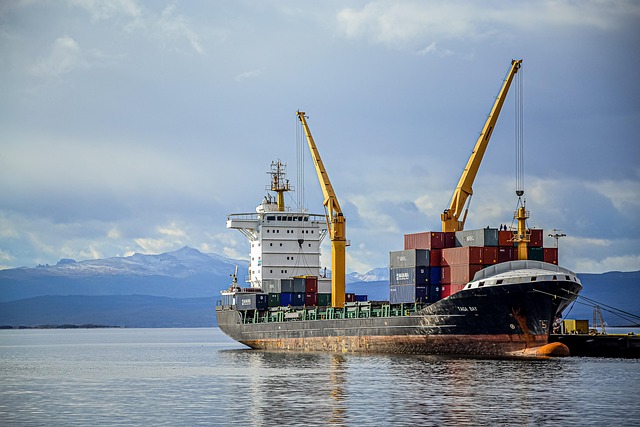
Transport fuel consumption is a critical aspect of logistics and supply chain management, impacting both environmental sustainability and operational costs for businesses worldwide. Understanding this dynamic is essential to identifying areas where efficiency can be enhanced, especially in the transportation sector. The current scenario reveals a significant reliance on fossil fuels, with road transport accounting for a substantial portion of total fuel consumption. This is largely due to the vast network of delivery vehicles, from trucks and vans to specialized refrigerated carriers, all contributing to carbon emissions and escalating fuel expenses.
The global push towards sustainability has led to heightened awareness of these issues, prompting industries to explore innovative solutions. Insulated containers, for instance, have emerged as a game-changer in this arena. By maintaining the temperature and integrity of cargo, these containers reduce the need for frequent stops or re-refrigeration, thereby minimizing fuel consumption during transport. With options ranging from new and used insulated containers to custom conversions, businesses now have access to efficient solutions tailored to their specific needs.
Introduction to Lightweight Insulated Containers
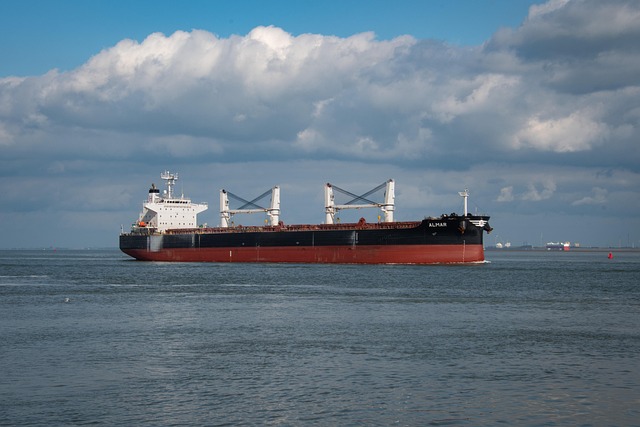
Lightweight insulated containers have emerged as a game-changer in the logistics and transportation industry, offering a simple yet effective solution to reduce fuel consumption and carbon emissions. These innovative solutions are designed to maintain optimal temperatures while significantly cutting down on weight, making them ideal for various applications such as food and beverage distribution, pharmaceutical shipping, and even emergency relief operations.
Insulated containers, available in both new and used varieties from reputable dealers like [insulated container supplier], come in diverse dimensions catering to specific needs. Their market value has skyrocketed due to the increasing demand for eco-friendly transport methods. With prices varying based on size and modifications, businesses can choose from an extensive inventory or even opt for custom insulated containers tailored to their unique requirements. These containers not only ensure product freshness but also streamline logistics by reducing the need for frequent temperature adjustments during transit, ultimately leading to more efficient and cost-effective transport operations.
How Insulated Containers Reduce Fuel Consumption
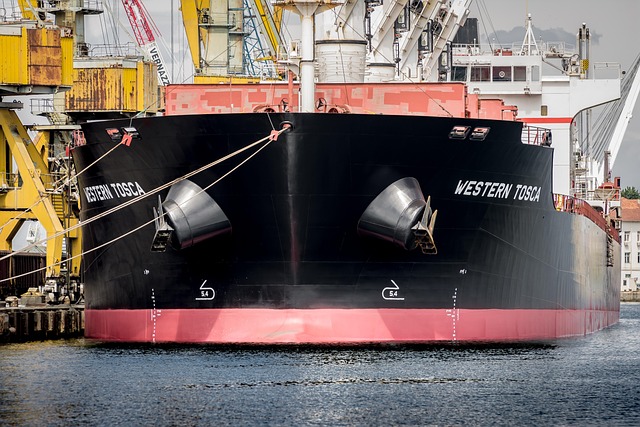
Insulated containers significantly reduce fuel consumption by minimizing temperature fluctuations during transport. These specialized containers are designed with advanced insulation materials that act as a barrier, keeping contents cool or warm regardless of external weather conditions. By maintaining optimal temperatures, insulated containers cut down on the need for frequent re-cooling or heating, which is energy-intensive and contributes to higher fuel usage. This efficiency is particularly notable in industries relying on perishable goods, such as food and pharmaceuticals, where consistent temperature control is essential.
Furthermore, by minimizing heat transfer, insulated containers extend the shelf life of transported items, reducing waste and the need for frequent replacements. With options available in various sizes, from new and used to custom-made, businesses can choose insulated containers that best suit their transport needs. This flexibility, coupled with decreasing fuel costs, makes insulated containers an attractive solution for companies aiming to optimize their logistics while minimizing their environmental footprint.
Benefits Beyond Fuel Savings
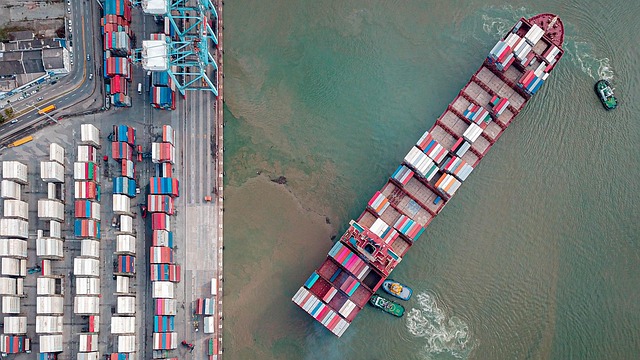
Beyond the direct fuel savings, lightweight insulated containers offer significant operational advantages and contribute to a more sustainable supply chain. These versatile units can be readily adapted for various purposes, from short-term storage solutions during events or construction projects to long-term cold chain logistics. Their compact design enables efficient utilization of space, both in transport and at the destination, reducing waste and optimizing workflow.
Additionally, insulated containers play a vital role in maintaining product quality across industries such as food and pharmaceuticals. By controlling temperature and humidity, these containers ensure that perishable goods arrive in prime condition, minimizing spoilage and waste. This not only benefits businesses by reducing financial losses but also aligns with environmental sustainability goals by cutting down on the need for replacement products due to degradation.
Embracing the Future: Implementation and Global Trends
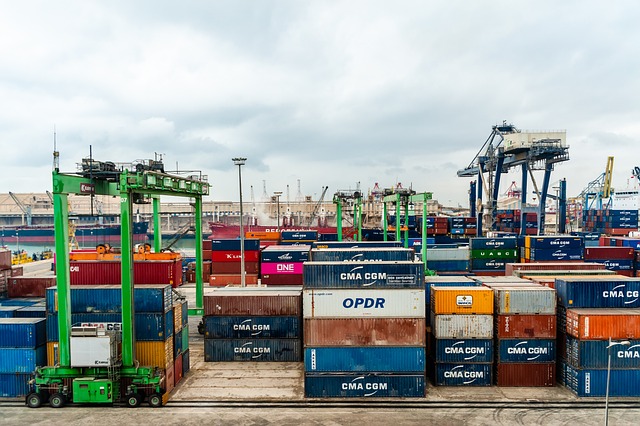
As the world shifts towards more sustainable and efficient logistics practices, insulated containers are at the forefront of this revolution. The global trend towards reducing overall transport fuel consumption has led to a growing adoption of lightweight, insulated solutions for various industries. These innovative containers offer a myriad of benefits beyond energy efficiency, including improved product freshness, reduced waste, and enhanced safety during transit.
The market for insulated containers, whether new, used, or rented, is experiencing significant growth. From insulated shipping containers to insulated cold storage containers, businesses across sectors are recognizing the value of these versatile assets. As insulated container manufacturers innovate, introducing advancements in materials and design, we can expect even greater adoption in the future. Whether you’re looking to buy insulated containers, explore insulated container leasing, or source custom insulated containers for your specific needs, the possibilities are vast and exciting.
Lightweight insulated containers are not just a trend but a necessary evolution in the transportation industry. By significantly reducing overall transport fuel consumption, these innovative solutions offer both economic and environmental benefits. As global awareness of climate change grows, the adoption of insulated containers is poised to become a game-changer, fostering sustainability and efficiency across various sectors. Embracing this technology is a step towards a greener future, ensuring that our transportation networks remain dynamic and environmentally responsible.
